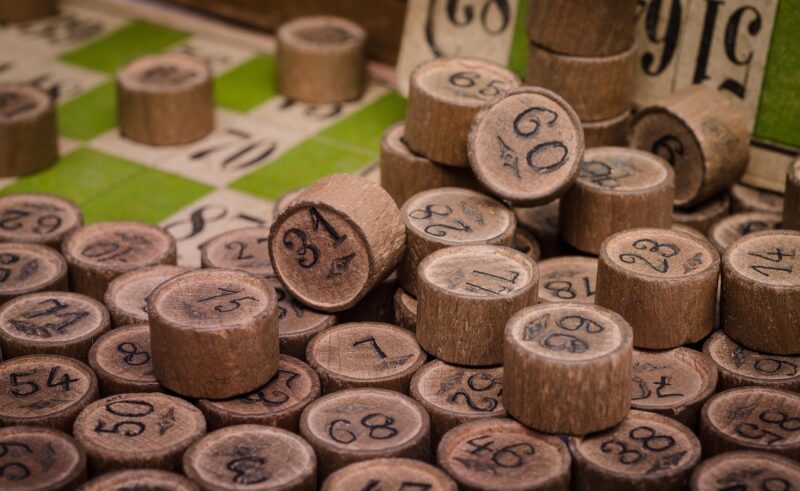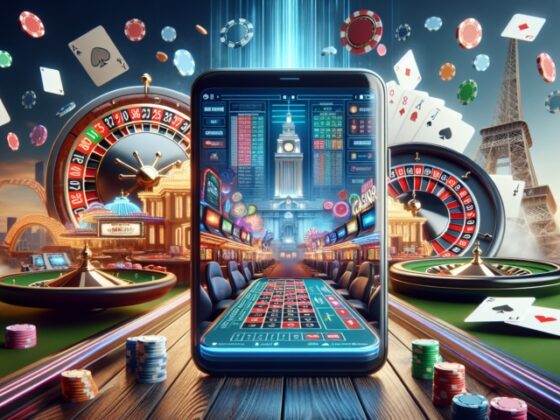Bingo halls were a significant part of UK culture in the mid-20th century. It was a time before smartphones, the internet, and satellite television; for millions of people up and down the land, going to the bingo hall at the weekend was the highlight of their whole week.
Unlike other forms of gambling and entertainment, bingo offered a different route, appealing to a different gambling demographic, and focusing on the social elements that brought people together.
By the time the 21st century came around, bingo halls were struggling to adapt to the rise of online gambling. All conventional betting platforms were struggling; whether it was sportsbooks or physical casinos, there was a notable decline in the number of people using their services, as they opted instead for the vast gaming options available online.
While playing bingo online appears to offer the same type of experience as a conventional setting, it’s fair to say that the game has also evolved into a new, digital format, distinct from its land-based counterpart.
As more online bingo platforms seek to integrate the latest technological advancements, and gaming platforms explore AI and VR, how will the industry look ten years from now? Could AI, cryptocurrency, and VR be the final nail in the coffin for an industry that has been an enormous part of UK culture for over 70 years?
Are We Still In The Golden Age Of Bingo?
Yes, in fact, some people believe that bingo is more popular now than at any point in its history. The remarkable success of online bingo and the resurgence of the conventional game among a younger audience have helped create a market that is flourishing on multiple fronts.
It’s a similar dynamic we saw emerge with poker in the early 2000s. Many professionals and analysts besmirched the idea that an online variant of the game could work. However, within a few years, the numbers spoke for themselves. Some of the most prominent poker players on the planet, such as Phil Ivey, discussed how he would spend hours playing online poker to refine his strategy in an anonymized gaming setting, where others at the table were unaware of his prowess or stature.
While Bingo halls might not achieve the success they did before the internet came around, there’s a growing demand amongst young people who are looking for a night out and a social setting that does not involve the hectic, 100mph nature of a traditional night on the town.
Branching Out Into A Global Market
As bingo continues to explore various variants, online companies have left no stone unturned when it comes to blending popular ideas and themes with the classic gambling game. Free Thanksgiving Bingo cards are an example of this, aiming to bring a contemporary US audience online and channeling some of the earlier success that conventional bingo had across the pond in the mid-20th century.
Smartphones, quickfire bingo, speed Bingo, Shotgun Bingo, and 80-ball Bingo have all managed to find a strong market in the iGaming world. While some in the industry thought that stripping away the social element of bingo, and rendering Bingo halls redundant, might do the game more harm than good in the long run, it’s not a black and white argument. There’s still room for conventional bingo, and for those who want to stay inside and play it without leaving their home, there are plenty of options to join in online too.
How Will The Market Look In A Decade?
It’s a fascinating question, and it’s one that industry experts aren’t sure of. The rise of VR gaming could be an intriguing addition to the world of online bingo. While VR roulette gaming or VR slots may not have the same appeal, the idea of a virtual social setting and experience that harnesses the initial appeal of bingo is generating optimism within the buzzing tech circles that work in casino gaming development.
It’s hard to predict how any gambling market will look a decade from now. As bingo continues to attract a new, younger audience, and the rise of technology pushes the industry into uncharted territory, some of the advances we’re seeing in the modern market will likely expand their reach and help shape the future of bingo.
How this will actually play out is anyone’s guess. Cryptocurrency and blockchain are likely to play a more prominent role, but just how prominent that will be is still to be determined. VR Bingo might be a promising idea, but how would it unfold, particularly with an older generation that is still reluctant to embrace technology and a younger generation that seems more inclined towards the idea of conventional bingo?
There will be opportunities, though, and money to make for those who can identify a growing niche; the tricky part, however, is finding it.

